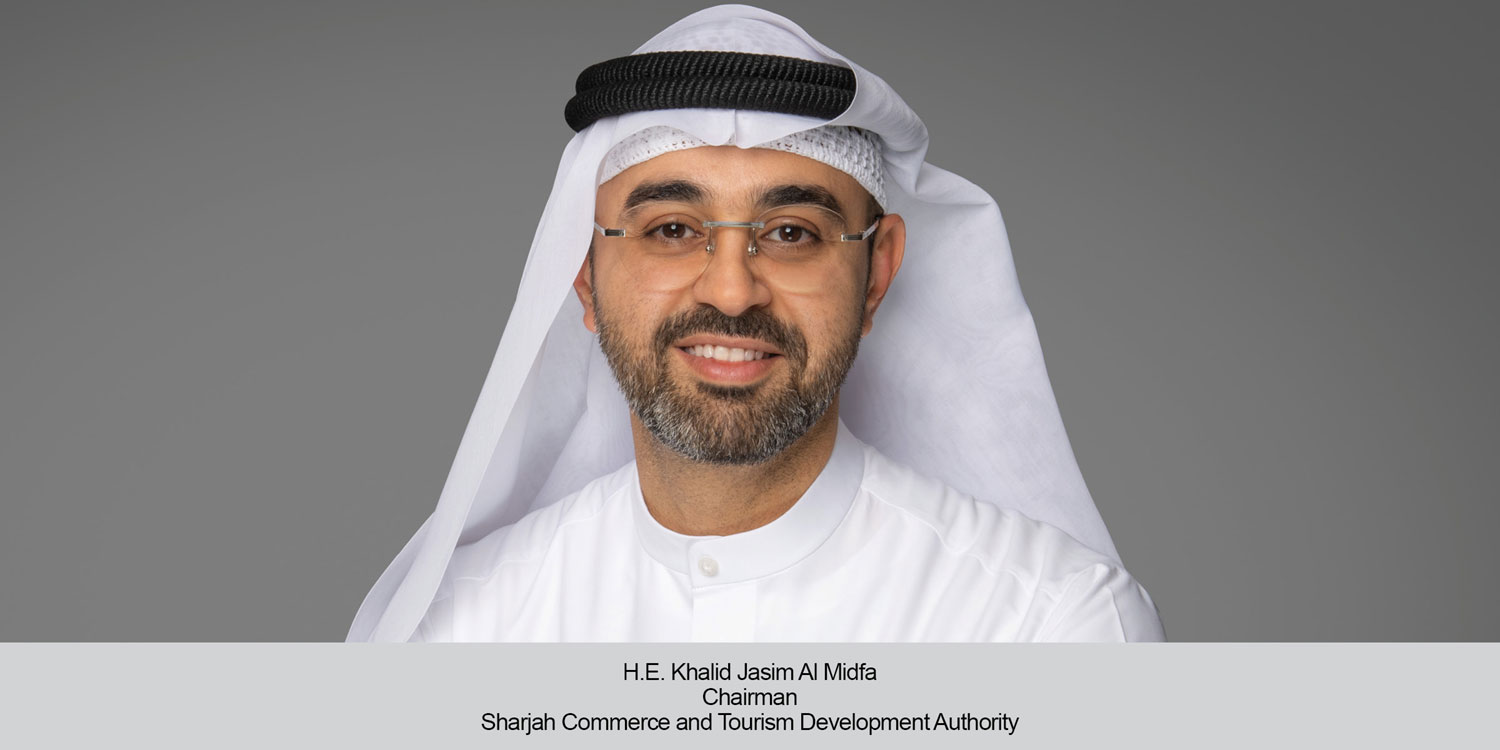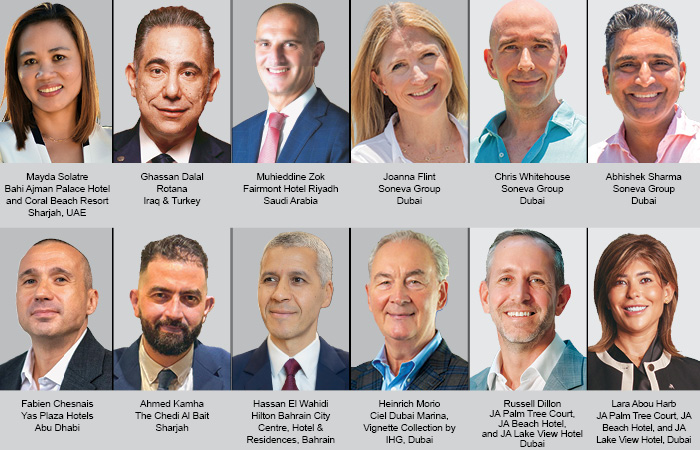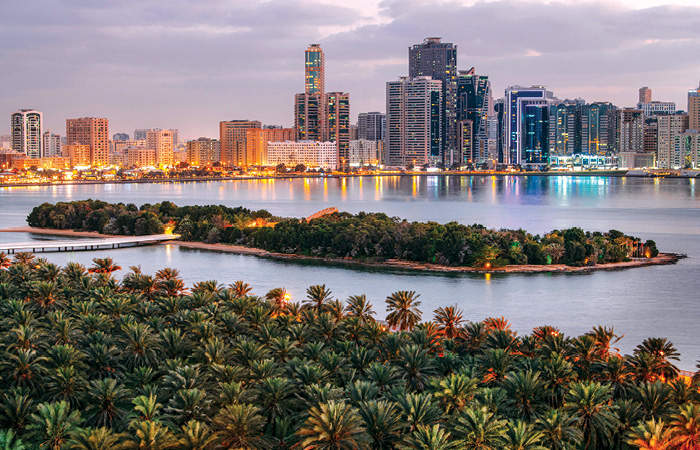Sports tourism is one of the most lucrative tourism markets with its international value estimated at US $564.7 billion in 2023 and estimated to increase by US $771 billion between 2024 to 2028. It is then no surprise that destinations have enhanced their focus on this segment. The UAE is also strengthening its positioning as a key player in the sector, leveraging its world-class infrastructure and strategic location.
The competition to host sporting events has resulted in destinations investing millions in making them more attractive to key industry stakeholders. For example, the projected cost for Vancouver to host the 2026 FIFA World Cup is estimated to be in the range of US $483 million and US $581 million. The UAE is also strengthening its positioning as a key player in the sports tourism sector, leveraging its world-class infrastructure, strategic location, and commitment to hosting international sporting events.
The UAE’s ambition to position itself as a global sports destination is evident through hosting several high-profile events, such as the Abu Dhabi Grand Prix, the Dubai World Cup, and the DP World Tour Championship. The Emirates has also placed a focus on showcasing wider sporting events like the upcoming Women’s Rugby World Cup. Such events attract domestic and international tourists to the emirates, and in the process enhance the local economy.
The UAE has invested substantially in the development of sports infrastructure, which includes Dubai Sports City, Al Qudra Cycle Track, and Hudayriyat Island. Importantly, the UAE’s strength in sports tourism is reinforced by the ample opportunities across all the emirates. For example, Umm Al Quwain is ideal for water sports and outdoors activities, such as sailing, skydiving, falconry, and camel racing. Furthermore, the Ras Al Khaimah’s Tourism Development Authority has positioned the emirates as a place for sustainable experiences and adventure tourism. This includes various sporting activities, such as hiking, adventures and water sports, and horse-riding.
One of the most significant aspects of sports tourism is the economic impact that hosting major international sporting events brings. For example, in 2023 it was estimated that the Etihad Airways Abu Dhabi Grand Prix generated more than AED 1.16 billion for the UAE’s economy. The economic benefits of such events extend beyond the immediate influx of tourists. Hosting sports events stimulates job creation, provides opportunities for local businesses, and drives infrastructure development. These events also have a lasting impact on the host country’s tourism industry, as they often attract future visitors who are drawn to the host city’s enhanced global profile. Furthermore, the influx of international visitors during such events boosts spending in various sectors, including hospitality, retail, and transportation. As the global sports tourism market continues to expand, the UAE is well-placed to capitalise on this growth, offering a unique blend of world-class events, luxury experiences, and innovative sports tourism offerings. With a focus on cultural appreciation, and community engagement, the UAE is not just hosting events but creating legacies that benefit both the local population and the global sports community.
 TravTalk Middle East Online Magazine
TravTalk Middle East Online Magazine





